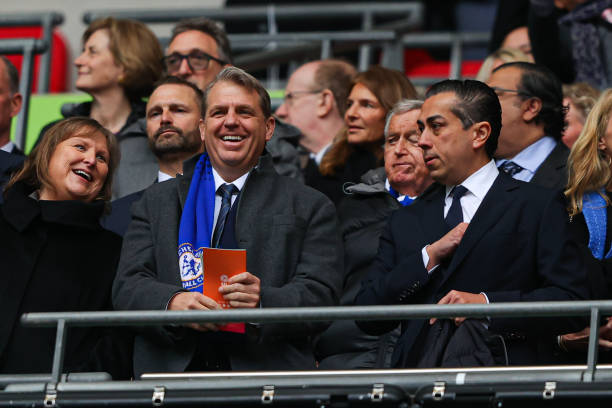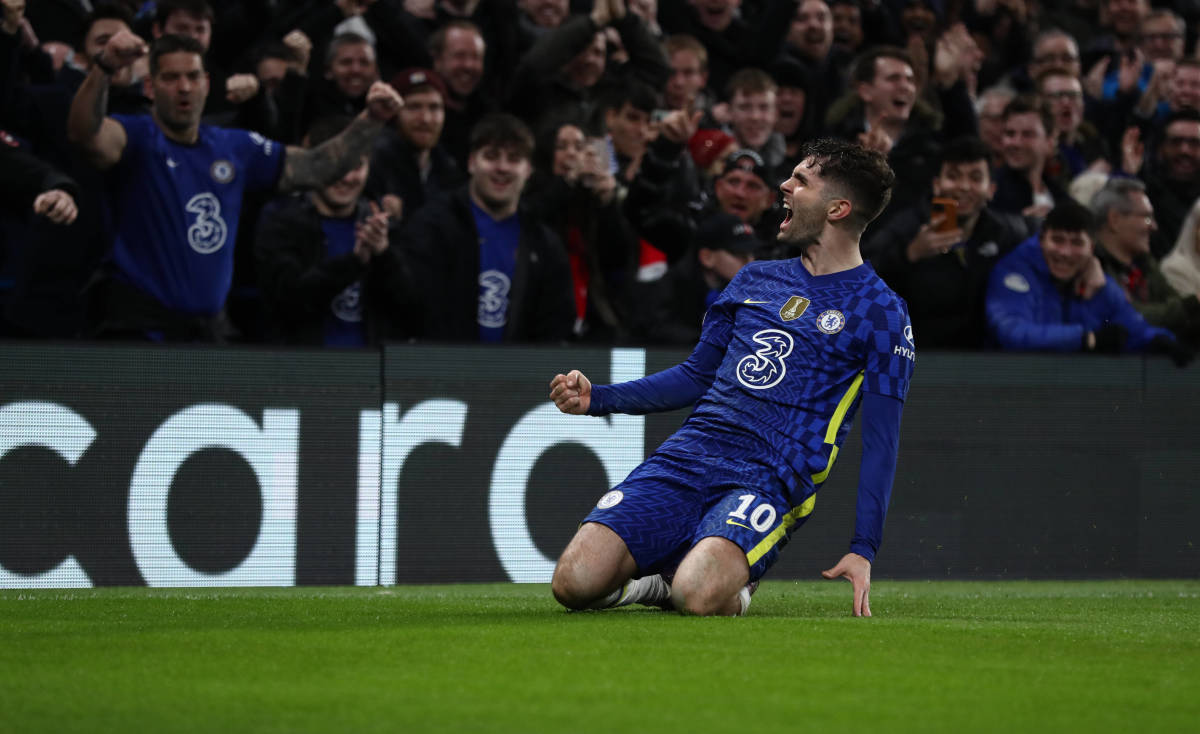Christian Pulisic, among others, looked lost in his last season at Chelsea. He said as much upon sealing a 20M€ move to AC Milan last summer, ending a four and a half year association with the West London club.
Fast forward to now and the American star has eight goals and seven assists for the Rossoneri and is thriving in a team containing talents such as Rafael Leao and Olivier Giroud.
Among his teammates is Reuben Loftus-Cheek, long touted as a future potential star for Chelsea but yet another player that struggled to impose himself amid the Stamford Bridge dysfunction, but who is now thriving elsewhere.
Kai Havertz, Jorginho and plenty of others could be added to this list, but what is it about the club that stifles these talents? Why do so many players succeed only upon leaving West London for pastures new?
Lack of stability
Put simply, Chelsea's propensity to change managers so frequently. Whilst this proved to be fruitful under the previous ownership of Roman Abramovitch, the new owners Clearlake Capital seem to have little of the strategy of old, signing young, inexperienced players that, whilst talented, lack leadership and experience to bring the club back to the heady days of Jose Mourinho for example. Excluding interims, the club is on its fourth manager in five years and the squad is a collection of players that were bought to suit the different styles of play of each coach.

Fans impatience
A mere eight months into his reign, Mauricio Pochettino is already feeling the heat from the Chelsea faithful, and this impatience has extended to players in the past few seasons. Talented players like Pulisic, Hakim Ziyech and Jorginho have felt the wrath of one of the most impatient fanbases in English football, conditioned to instant success during the halcyon days of Roman Abramovitch's ownership.
Poor Planning
What do the triumvirate of the best teams in the Premier League have in common? Manchester City, Liverpool and Arsenal are well-run clubs with a clear plan and vision in place to ensure a path to sustained success. As well as the best coaches in the country in Pep Guardiola, Jurgen Klopp and Mikel Arteta respectively, each of these clubs has the right people in place behind the scenes to aid them in terms of scouting and player recruitment, allowing them to focus on winning on the field.
In contrast, Chelsea are the victims of poor planning behind the scenes, their transfer policy akin to someone going into a shop and buying shiny, fragile ornaments that look good but don't fit into the scheme of a wider, bigger picture.
This scattergun policy was evident in the summer, with Chelsea seemingly trying (and succeeding) to steal other clubs' transfer targets at every turn. Despite acquiring young talent such as Moises Caicedo and Mykhailo Mudryk for vast sums of money, Pochettino has as yet been unable to gel a dysfunctional unit into the sum of its very expensive parts, with the club languishing in mid table of the Premier League with nothing else to play for this season.
A lack of spine through the team
The cornerstone of Chelsea's successful years. Think Petr Cech, John Terry, Frank Lampard and Didier Drogba. Not only world-class players capable of performing under extreme pressure, but also leaders on the field that enforced the exceptionally high standards of their managers and owner.
Now, aside from perhaps Thiago Silva and Reece James, there is a flagrant lack of leadership that extends from boardroom to the field. Chelsea have all the parts to create a shiny machine capable of moments, the question is whether they have neglected to build the frame that holds it in place.
With Pulisic, Loftus-Cheek and another ex Chelsea starlet Fikayo Tomori thriving in Italy and the likes of Kai Havertz and Jorginho undergoing something of a footballing rebirth in Arsenal's title charge, the question has to be asked whether their inability to create a legacy at Stamford Bridge was really their fault. The grass does seem greener away from West London for them and Chelsea will be left to wonder when the good old days will be back.

